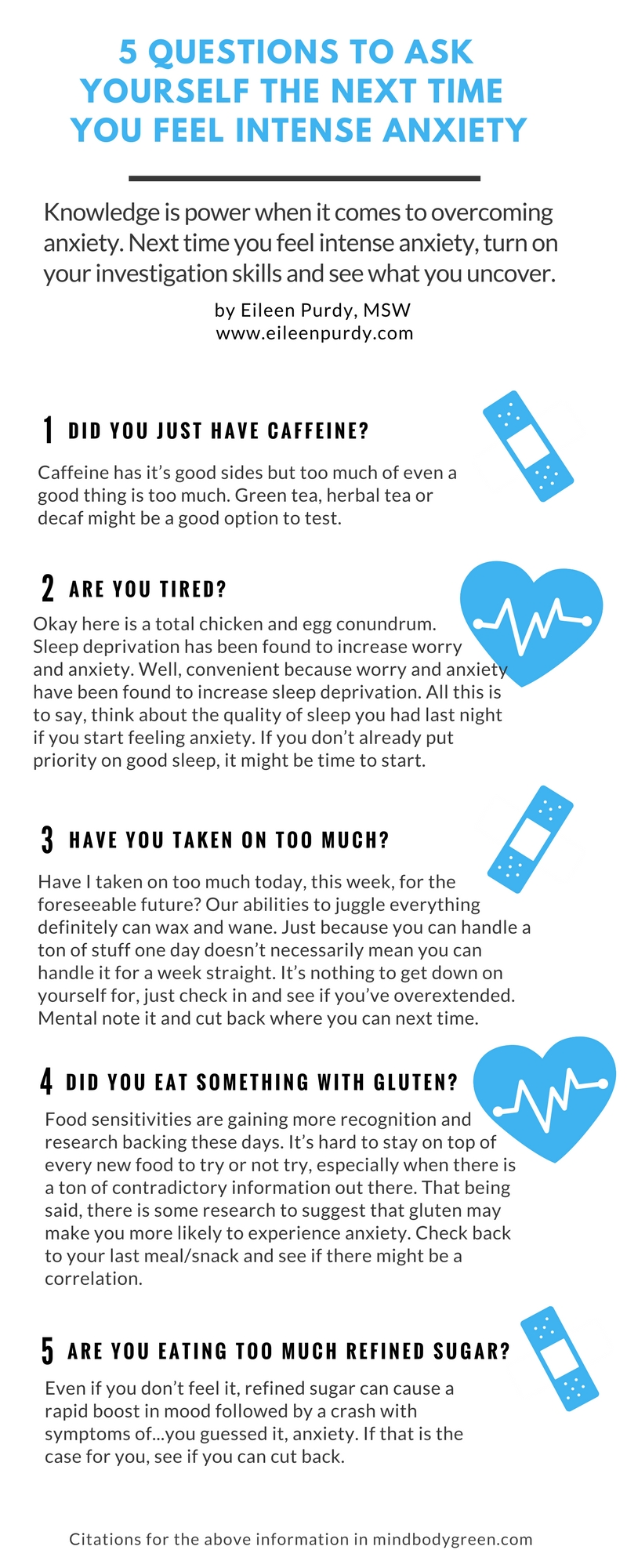You’re sitting there in your yoga pants sipping your favorite hot beverage and reading a Reddit article on your phone. Seems pretty mellow right? For the most part it is. But on a sensory level, your brain isn’t resting. There are still tons of pieces of information your brain is processing and staying on top of. Now picture all the information that your brain takes in as you ride down the busy escalator to the packed subway on your way to work. No doubt your brain is working double-time!
Fortunately, your brain is expertly equipped for both situations, and all situations in between.
So let’s pause a moment and give your brain the props it deserves. Nice work brain, keep it up!
Thank goodness too, that your brain isn’t the complaining type. From a cognitive perspective, information is costly to take in, store, manipulate and retrieve. The more information it is presented with, like the subway station during rush hour, the more taxing. Don’t be fooled just because your brain makes it look easy. It’s not.
The way your brain is able to function efficiently during even the most stimulation-dense situations is through various short-cut systems it has at its’ disposal. One of the most common is the use of narrative.
Narrative, or the way you explain things to yourself, fills in the blanks when you don’t have facts, and the stories you tell yourself, creates patterns. Patterns are easier for your brain to recognize and manage than tons of disparate bits of information or things that don’t make sense.
There are many types of patterns your brain relies on.
Causality, that is logically progressing from cause to effect, makes for an efficient narrative and is a common ‘go-to’ pattern for our brains. A story that progresses logically in this manner is easier to neatly package than one that takes wild twists and turns and may not wrap up nicely. It’s no surprise that an overworked brain likes causality. And no surprise then, that we quickly come up with answers for everything, explain anything that comes across our paths and try to avoid uncertainty at all cost!
We feel better when we know the why of things and when things ‘make sense’ to us. We even feel better when we totally make things up that fit that bill. We end up telling ourselves a lot of stories that increase our impression of understanding, without needing them to be based on reality.
Your brain’s ‘Causality Narrative’ pattern building is essential for continuing to function at the high level you do. But in order to make sure this short-cut is helpful and doesn’t lead you astray, it’s important to do these 5 things:
Become aware of the cause-and-effect stories you tell yourself
Become aware of the ways you fill-in-the-blanks when you don’t know the facts
Become aware of the ways your wishful thinking or pessimistic thinking influences that way you explain things
Become aware of how your stories fail to respect the facts that you actually know
Increase your comfort level with uncertainty so you don’t automatically explain things you don’t know.
The more you understand how your brain works and practice fine tuning it, the higher performing your brain will become without negatively effecting its’ efficiency.














